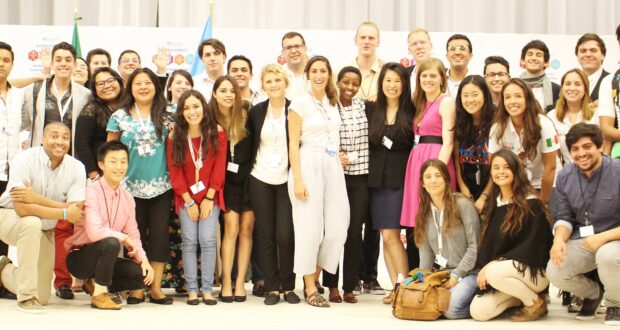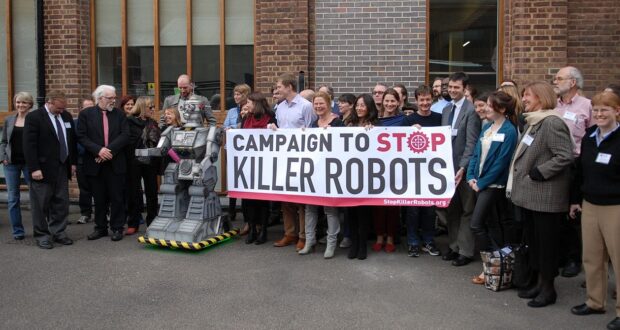Despite being an important part of our societies with a great potential for fostering peace, youth voices often remain unheard, especially in multilateral settings. Peace and security issues were dealt with, thought through, and discussed only among senior experts until recently.
Read More »
 Human Security Centre Human Rights and International Security Research
Human Security Centre Human Rights and International Security Research





